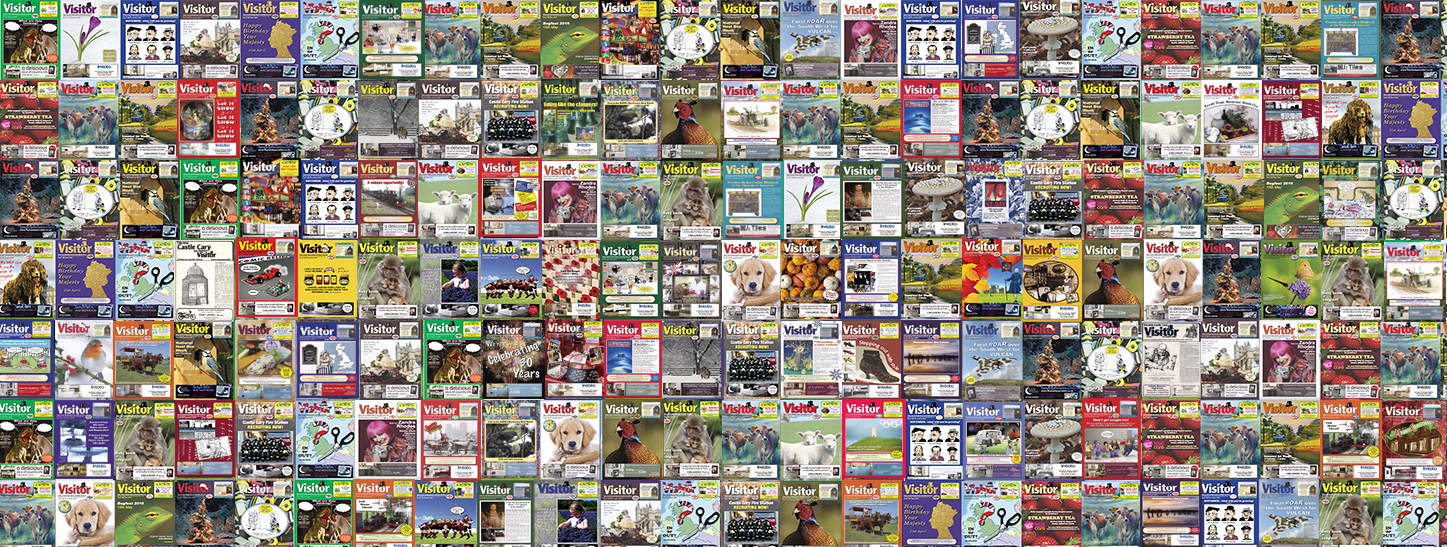£30,000 to be raised to secure the future of one of our county’s ecological superheroes.

To support its on the ground efforts to secure the future of the county’s bats, Somerset Wildlife Trust is pleased to launch Saving Somerset’s Bats – an urgent appeal to raise £30,000 to strengthen habitats in three key areas in the county which support important bat populations – in particular several rarer species that we stand to lose in Somerset entirely unless action is taken now. The Trust is asking wildlife lovers across the county and beyond to swoop into action and help ensure Somerset remains a thriving stronghold for UK Bats.

Did you know….16 out of the 17 breeding species of UK bat call Somerset home?
Thanks to the diversity of habitats we have here in Somerset, we are able to offer safe homes to suit nearly every kind of bat currently found in the UK, as well as provide a rich variety of food sources. Changes in our land use over the past few decades, however, such as urban development, more intensive agriculture and changes to farming practices have led to habitat loss, fragmentation and the destruction of roosts – all are having an impact on our bats.

Michele Bowe, Director of Conservation explains why it’s important that the public get behind our bats and support the appeal: “Because of their nocturnal nature and less than cuddly reputation, people don’t always realise that bats do have another role to play apart from being the focus of a Halloween party piece! Bats are in fact great indicators of the state of our environment. They are top predators of nocturnal insect life – making them experts at natural pest control – and they’re very sensitive to changes in land use practices.

“Bats rely on a good mix of habitats and healthy numbers of a range of insect species throughout the year. If certain bat species aren’t doing well, this may be because of changes in their preferred habitat or insect prey. As our natural environment continues to come under pressure, now is the time to ensure we do everything we can to make sure the remaining habitats we have are in the best health for bats. I hope that as well as raising essential funds, the campaign also lifts the lid on how much we need these special animals.”

Funds raised from the appeal will go towards three key areas:
On our Mendip Reserves – we urgently need to secure the diminishing population of the Greater Horseshoe bat by managing species rich grassland habitats, grazed well by cattle and in some places, the extensive removal of scrub and bracken. Cattle grazing is critical as cattle dung attracts important food sources such as dung beetles – the larvae of which are particularly important for young bats that are making their first feeding flights. We also need to improve hedgerows, which act as linear route maps, to enable Greater Horseshoe bats to hunt for food and urgently need to repair Wadbury Bat House – a critical roost for Greater Horseshoes in this area.
In the Blackdown Hills – we need to conserve and enrich our woodland habitats for our woodland specialist bats such as the Noctule and Brown Long-Eared bat by regular coppicing work and maintaining rides and glades. The Blackdown Hills is also one of only six known roosting locations for Bechstein’s bats in the UK, so it’s of primary importance that we ensure the protection of dense, native ancient, deciduous woodland in this area, which best supports these special creatures – which are also rather partial to woodpecker holes as a first choice for a summer roosting site!
Protecting our urban bat populations is just as crucial as those in more rural areas. Our county town of Taunton plays host to significant populations of common species such as pipistrelles, but it also has a confirmed population of the Leisler’s bat, and also lesser seen species such as the Serotine bat. Taunton is the south west’s fastest growing town and is undergoing significant change. We are working with planners and developers to ensure that bats can navigate safely across the newly designated garden town to feed and breed. Connecting the town’s green spaces and waterways creates and enriches habitats to host healthy urban bat populations.
For more information on the appeal, Somerset’s bats and to make a donation online please visit: www.somersetwildlife.org/savingsomersetsbats
You can also make a donation by phone on 01823 652 429

